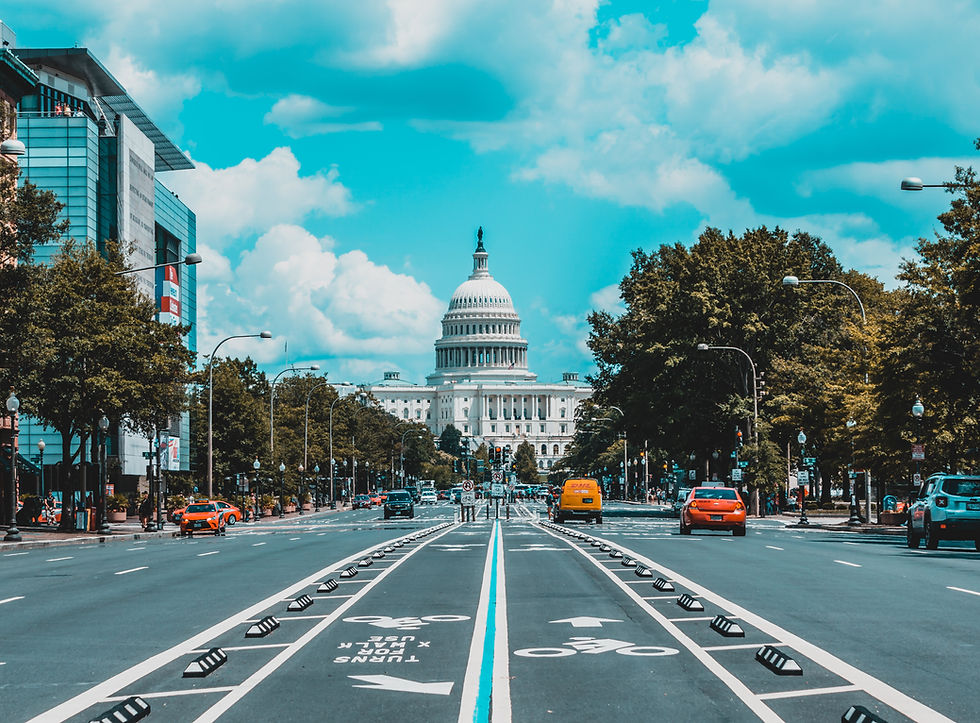Election by the People
- spostell
- Dec 7, 2021
- 3 min read
Written by Theresa Roquebert, a Junior at Founders Classical Academy To support students like Theresa, donate here
The most important argument at the Constitutional Convention of 1787 was about how much of the federal representative body ought to be elected directly by the people. This was most directly argued over during the debate about the fourth resolution of the Virginia plan: “that the members of the first branch of the National Legislature ought to be elected by the people of the several states” (May 31). This argument was the most important because, according to James Madison, “an election of one branch, at least, of the legislature by the people immediately, as a clear principle of free government” (June 6). The outcome of this argument would dictate whether or not the American government would be a free government.

Some of the delegates at the Convention, primarily Mr. Sherman and Mr. Gerry, were opposed to election by the people. Mr. Sherman was entirely opposed to election by the people because “they want information, and are constantly liable to be misled” (May 31). He believed that the people did not know about government and how it should be run and therefore they “should have as little to do as may be about the government” (May 31). Mr. Gerry was also opposed to election by the people, however, he was more willing to compromise. Mr. Gerry believed that the people, through virtuous “are daily misled into the most baneful measures and opinions, by the false reports circulated by designing men” (May 31). He argued that the faction leaders, or “pretended patriots”, will influence the people to pick their representatives not for the common good, but simply for the personal benefit of the faction leaders. In order “to secure more effectually a just preference of merit”, Mr. Gerry proposed that “the people should nominate certain persons, in certain districts, out of whom the State Legislatures should make the appointment” (June 6).
These claims were refuted by Mr. Mason, Mr. Wilson, and Mr. Madison, who thought election by the people as both good and necessary. Mr. Mason said that election of the larger branch of the legislature by the people “was to be the grand depository of the democratic principle of the government” (May 31). It was important that election was done by the people because the legislature "ought to know and sympathize with every part of the community” (May 31). He explained that under the new government since “the people will be represented; they ought therefore to choose the Representatives” (June 6). Mr. Wilson pointed out that “no government could long subsist without the confidence of the people” and they would not have confidence in a government that they did not elect (May 31).
Another reason Mr. Wilson argued for popular election was that “the government ought to possess, not only, first, the force, but second, the mind or sense, of the people at large” (June 6). Mr. Madison also “considered the popular election of one branch of the National Legislature as essential to every plan of free government” because without it “the people would be lost sight of altogether; and the necessary sympathy between them and their rulers and officers too little felt” (May 31). Madison also argued that “the great fabric to be raised would be more stable and durable, if it should rest on the solid foundation of the people themselves, then if it should stand merely on the pillars of the Legislatures” (May 31).
For these reasons, popular elections are necessary for a government to be stable and to have the support of the people which ensures that the government will last. The Federal Constitution comes to the compromise that “the House of Representatives is named by the people; the Senate by the legislators of each state” (Tocqueville, 105). By this compromise, the people will be kept close to the government giving it a solid foundation. But to protect the government from being ruled by factions who influence the people, the delegates decided to allow the representatives of the Senate to be chosen by the state legislatures who, in theory, should understand how the government works better than the people. These two forms of election served to balance and check each other so as to receive the benefits from both election by the people and election by the state legislators.









Comments